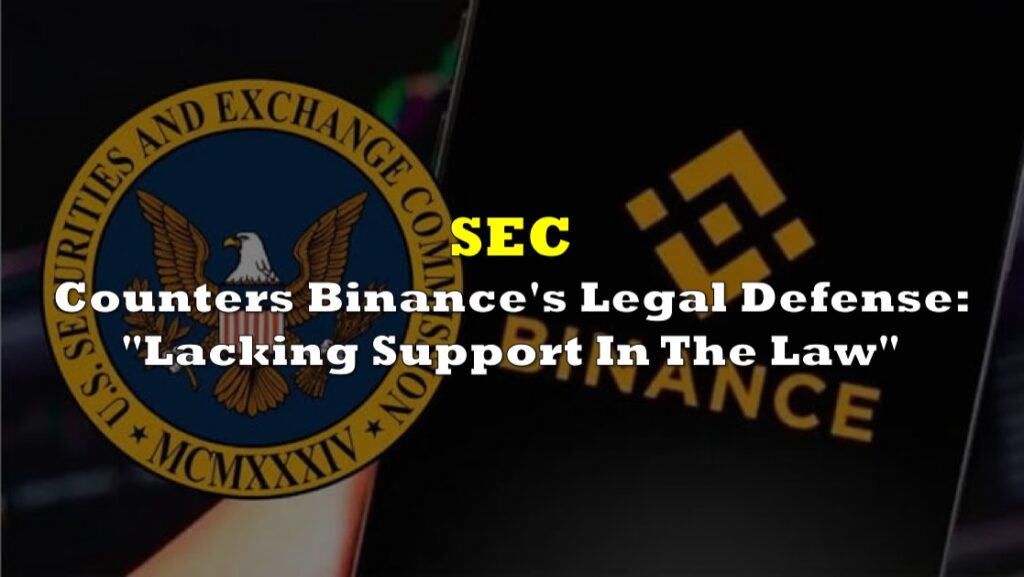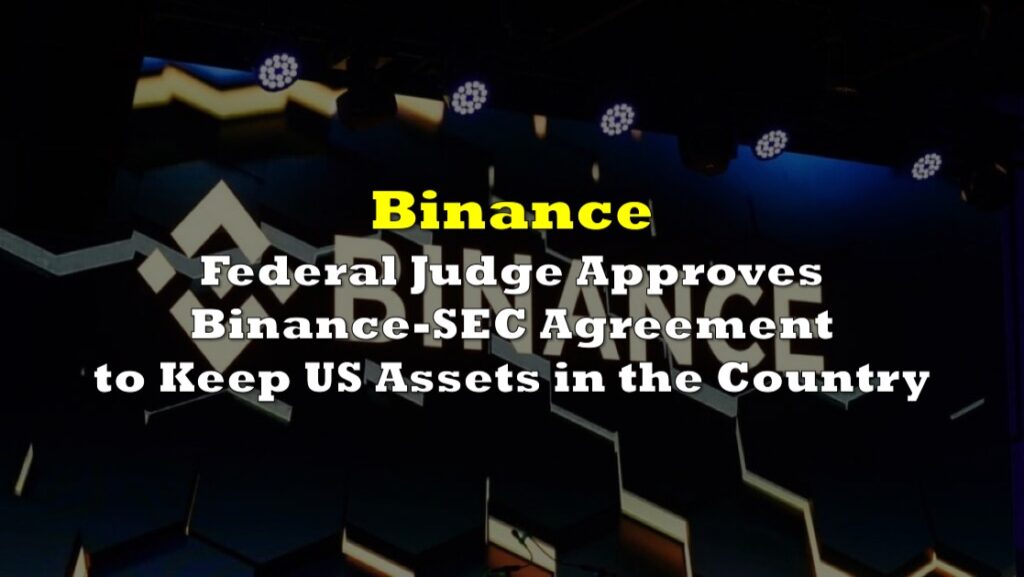(Feature image adapted from “Martyr,” original art by merkchen.)
A plan by online cryptocurrency exchange Coinbase (NYSE: COIN) to allow its users to loan the coins in their accounts to the company, and receive interest for that loan, jumped into the mainstream consciousness last week when CEO Brian Armstrong’s apparent frustration with the SEC’s push back to the idea boiled over into a twitter thread.
1/ Some really sketchy behavior coming out of the SEC recently.
— Brian Armstrong (@brian_armstrong) September 8, 2021
Story time…
The “story” in the thread framed the apparently ongoing effort to build lending into the Coinbase platform as one that has met unreasonable resistance from the SEC for reasons that confound Coinbase management. Armstrong plays up an “aw, shucks” routine, apparently flabbergasted that a loan can be classified as a security, and wholly unaware that the majority of the securities in the world today by dollar value are in fact debt instruments. He leans hard on the SEC’s unwillingness to explain this to him, and does his best to frame the regulatory body’s professional response to the company’s request as a kind of witch hunt.
6/ They refuse to tell us why they think it's a security, and instead subpoena a bunch of records from us (we comply), demand testimony from our employees (we comply), and then tell us they will be suing us if we proceed to launch, with zero explanation as to why.
— Brian Armstrong (@brian_armstrong) September 8, 2021
Armstrong was instantly and zealously ridiculed by the more obnoxious corners of traditional finance, who understand that debt instruments are absolutely securities, and think that the CEO of the world’s largest digital exchange telling on himself for not understanding that on twitter is a laff riot.

For a minute, it looked like Armstrong might have gone rogue, and that a room full of lawyers would soon have to explain securities basics to him, and he’d have to walk back the thread. But then, Coinbase Chief Legal Officer Paul Grewal came off the bench with a blog post doubling down on Armstrong’s thread, taking special care to drive home three main points:
- The loan products being proposed aren’t securities (as far as Coinbase is concerned).
- The SEC is flying off the handle with threats of lawsuits! But won’t even tell them what’s wrong!!
- The evil government trolls at the SEC asked Coinbase for the names of people who had signed up for the loan products, but Coinbase told them to SHOVE IT, because while they might be able to stifle hard-working American crypto exchanges, they’ll never take our freedom!!
From the perspective of people who have learned to successfully navigate the regulatory environment in a way that makes securities transactions non-criminal, Coinbase execs look like they just fell onto Wall Street off the back of a turnip truck, and started asking professionals what a security is. They’re cackling like hyenas and placing bets on just how poorly this lead balloon is going to float, because they’re inclined to see this as a two-sided battle, Coinbase fighting the SEC over their right to roll out a loan product, and haven’t considered the nature of the company and the sector its in.
Manufacturing Coinsent
Crypto exchanges like Coinbase being accepted by elements of traditional finance, including banks, stock exchanges, brokerage houses, hedge funds and the SEC itself, is worth a lot more to Coinbase if it comes on Coinbase’s own terms. Molding its operations to the established, conventional order would run contrary to the company’s mythos, and sour the cosmology that keeps many of its users coming back. It’s far more valuable in the long term for Coinbase to have changed the paradigm, and forced “TradFi” to come to them.
For all practical purposes, Coinbase doesn’t have anywhere near enough leverage to be calling shots – especially by pushing around securities regulators. Its brain trust may not even understand what a security is. But, with the outcome of its lending product ambitions not yet determined, Coinbase’s stance here may be mostly an investment in its preferred narrative.

Are Coinbase loans a security?
A Wells notice is a letter that companies get from the SEC when the SEC has concluded an investigation, and intends to file suit over something they found during the investigation. Coinbase asserts that the Wells notice it received from the SEC about its as-yet un-launched Lend product doesn’t tell them how or why the proposed loans might be considered securities, only that they are assessing them through the prism of two (“decades old!”) cases – Howey and Reves, but not specifically how.
SEC vs. Howey is a landmark 1946 case that is still used to determine what is and isn’t a security. If the Lend product, through the lens of Howey, didn’t look like an investment product, that would be an easy thing to articulate in a blog post, on twitter, or to a judge. The SEC has effectively told them that, as far as a Howey test is concerned, the proposed loan products are securities. The buyers of the loan product (the lenders of the money) are led by the promoter (Coinbase) to expect profits (interest) solely from the efforts of others. Howey isn’t an obscure case, it’s the test as to whether or not a contract is a security. But acting like it’s a mystery sets the company up as a victim of regulatory over-reach. To hear Coinbase tell it, they’re trying to be reasonable! But the government has it in for them!!
Howey and Reves being old doesn’t have anything to do with anything, of course. They’re “old” because they’re useful. But an army of crypto traders amped up on burning down the financial establishment aren’t trying to hear that. To them, the world is changing. Adapt or die.
Eventually, either in a courtroom or a back room, Coinbase will likely argue that lending cryptocurrency and receiving interest for it is no different than depositing money in a checking or savings account, and further argue that it doesn’t need a banking charter to do it for some reason or another. Whether it flies or not, nobody knows. But climbing up on the cross about the Wells notice the way they did will have Coinbase right where it wants to be either way. If Coinbase loses, the struggle against the financial establishment continues. Just another chapter in the financial sector’s never ending war against freedom! If it wins, Coinbase did it. It changed the paradigm. The SEC’s rules are outdated relics, and the company is proud to be leading the world into the DeFi future.
Coinbase’ NYSE listing closed at $247.07 Wednesday, a +$4.07 recovery from the day before. It’s off -$19.74 (-7.4%) from its close price on September 8th, when Armstrong and Grewal started posting about the Wells notice.

Information for this briefing was found via Edgar and the companies mentioned. The author has no securities or affiliations related to this organization. Not a recommendation to buy or sell. Always do additional research and consult a professional before purchasing a security. The author holds no licenses.









